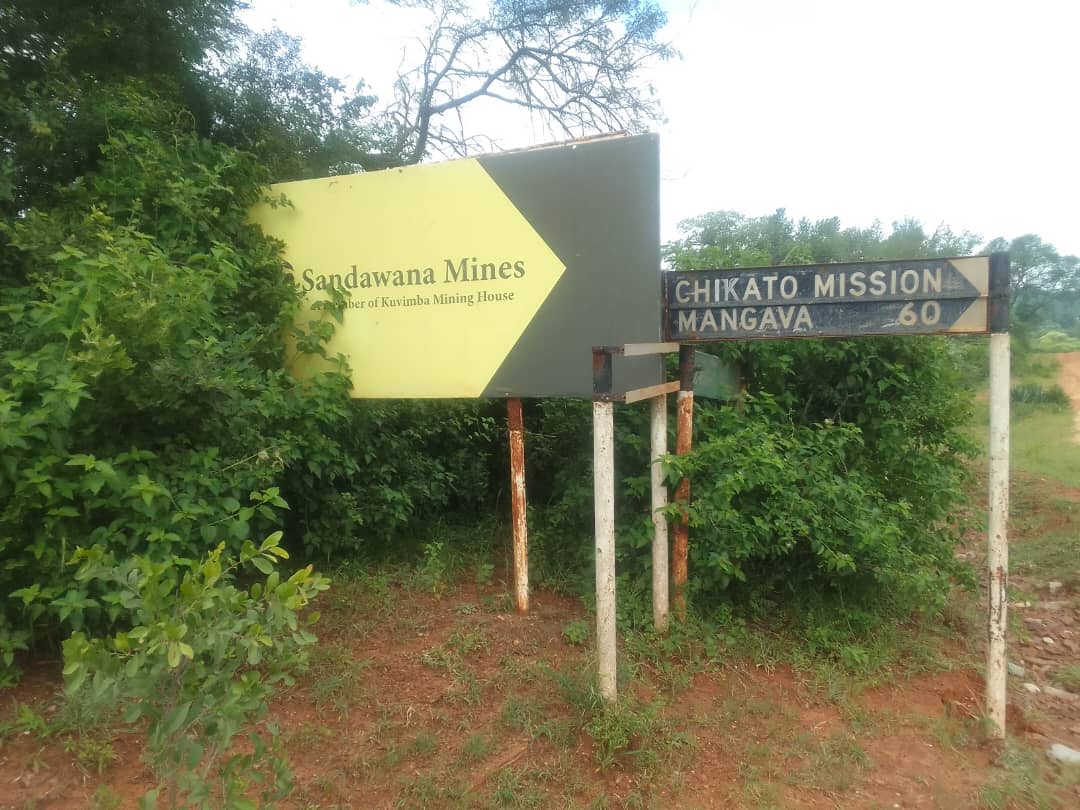…’improving accountability in natural resource governance key to sustainable green future’
Moses Ziyambi
The lagging behind of Africa in terms of transitioning to cleaner sources of energy can be rectified by improving the governance of its vast transition minerals which can help power the continent’s future, it has been stated.
This was said by researchers, experts and civil society leaders who gathered in Sandton, Johannesburg, last week for the high-level regional dialogue on the just energy transition, natural resource governance and climate change organised by Southern Africa Trust (SAT).
Among many other issues in different countries of the region, participants learnt about the mining of graphite in Mozambique, manganese in Zambia and lithium in Zimbabwe, all of which are being extracted in a largely unaccountable manner thereby undermining the region’s efforts to industrialise and become a green energy powerhouse.
“After the stoppages that followed the disastrous ESAP-inspired privatizations of the 1990s, manganese is once again being mined in the northernmost areas bordering the DRC. There are many illegal miners but big companies have also established themselves in what should be an industrialised zone of the country which nonetheless remains one of the poorest.
“Manganese ore is transported to the Central Region for basic processing before being exported. This alone disadvantages the host communities that ideally should benefit from processing jobs and all other downstream industry opportunities,” said Nsama Musonda, who works with Care for Nature in Zambia.
Izdro Rectone, of Forum Terra Manica, Mozambique, said it was an unacceptable contradiction that more than 60 percent of the people who live in poverty are in countries that have valuable and abundant natural resources.
“Mining investments in Mozambique tend to have grave consequences on local communities. The country is rich in many minerals, and graphite has been identified as one of the key mineral to the energy transition. With improved governance, this should put Mozambique on the path for green industrialization,” he said.
Other participants pointed to the need for new extractive approaches to satisfy the legitimate expectations of host communities and stop the marginalization of women.
“Are critical minerals really critical for us? No! There are land-use contestations in communal areas that rely on subsistence agriculture, but that also find themselves getting evicted to create space for the extraction of the minerals. The people are poor and it is worse for women because working conditions in the mines are less favourable to them even if they are to get jobs,” said Margaret Mutsamvi of Economic Justice for Women Project (EJWP) Zimbabwe.
Alan Wallis, a strategic advisor at Africa Climate Foundation, said the drive towards energy transition ought to consider such sensitivities as the fact that most Africans have never had access to electricity even from polluting sources that others now want to transition away from.
“South Africa is transitioning from a high-carbon economy to a low-carbon one. But for the rest of Africa, it’s not necessarily the case. They are not transitioning from something but into something,” said Wallis.
He said it was often stated that Africa had immense potential to be the biggest producer of renewables, but the potential needed to be backed-up by finance which is, however, not flowing through.
“For every dollar that Africa borrows, it pays more than anybody else borrowing from Europe and America,” he said.
In her remarks earlier on, SAT director Alice Kanengoni (pictured) said the platform was an opportunity to learn from those coming from the most affected communities on how they organise, network and adapt.
“It’s also a testament of the power of partnerships and dialogue on critical issues leading to action that will result in policy solutions,” said Kanengoni, adding that sustainable solutions could only come with the input of those most impacted.
The high-profile event was also attended by the advisor to the Minister of Electricity in the South African Presidency, Silas Zimu; director in Zimbabwe’s Ministry of Mines and Mining Development Dr. Solstern Ziuku, and the principal secretary in charge of regulation in Malawi’s Ministry of Mining, Martin Kululuma Phiri.








